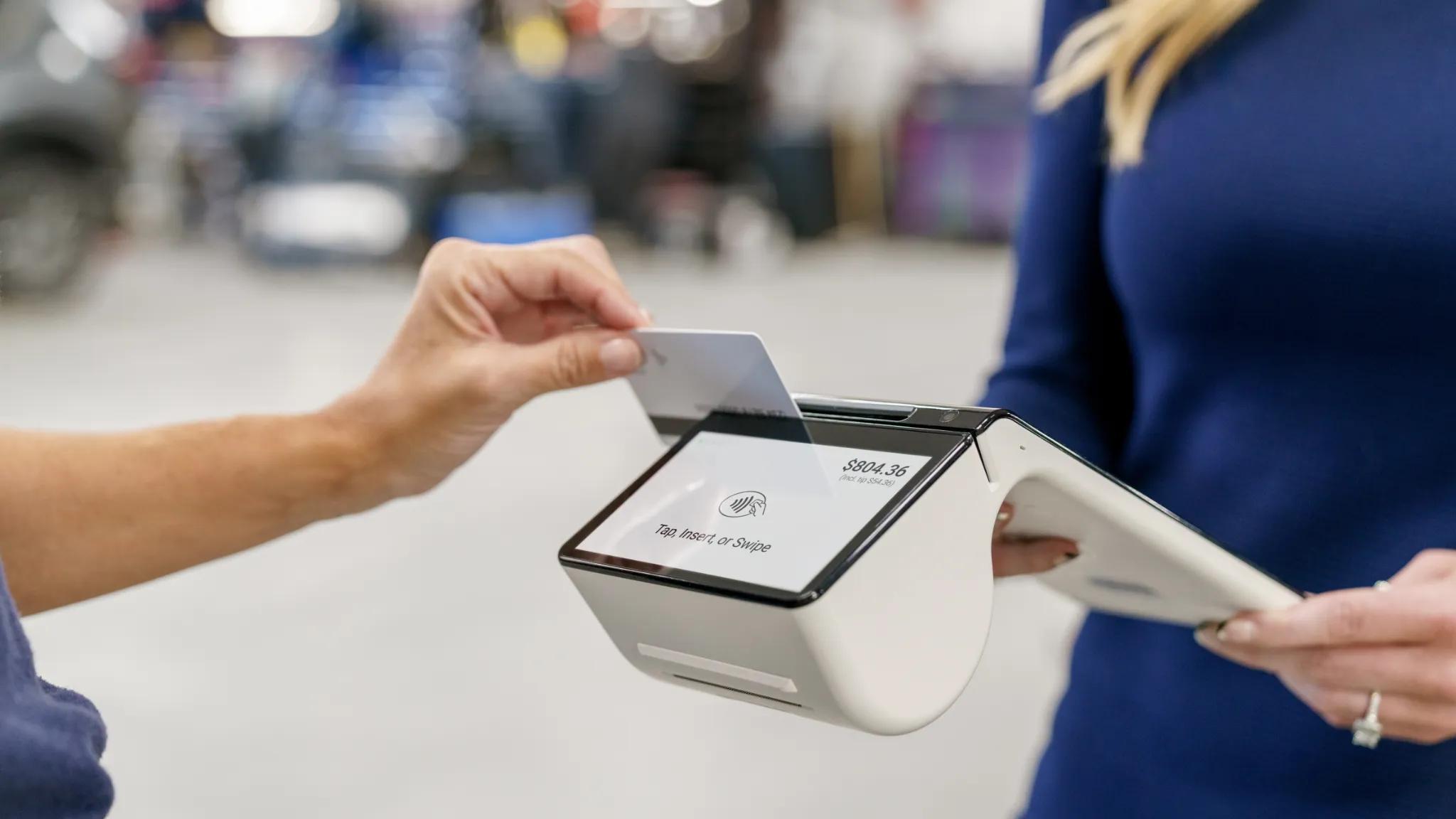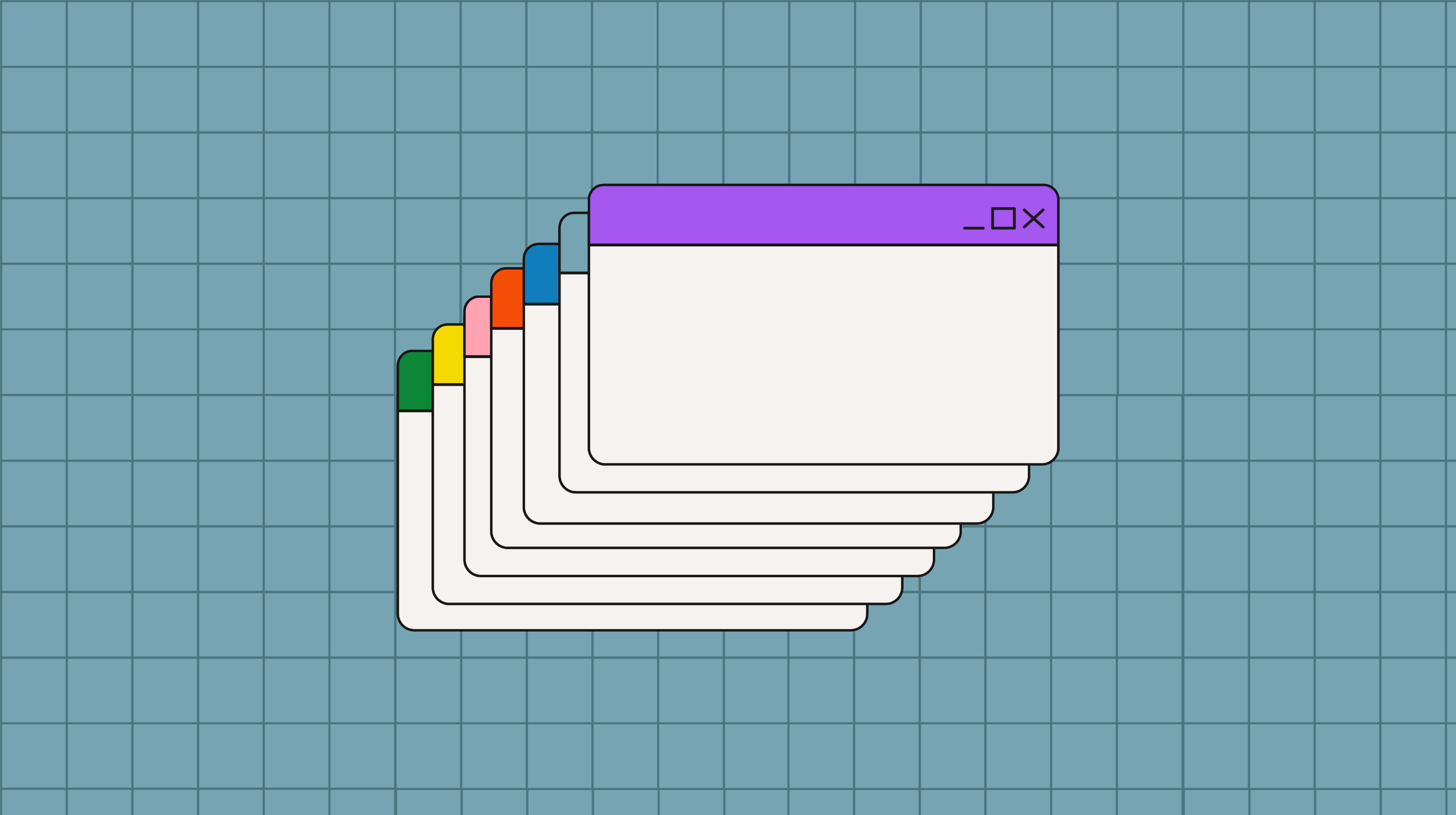When you're ready to start selling, there’s one piece of paperwork that often catches new business owners off guard: the seller’s permit. Depending on what you sell and where you’re located, this permit could be a must-have before you make your first sale. It’s one of those foundational steps that helps legitimize your operation and builds trust with customers and tax authorities alike.
It also ensures you’re set up to collect and remit sales tax correctly, which is something that becomes more important as your business grows, expands into new markets, or begins selling across state lines.
This guide will help you figure out if you need a seller's licence, how to get one, and what steps to take so you can stay compliant and focus on growing your business.
What is a seller’s permit?
A seller’s permit (also known as a sales tax permit or a seller’s license) is a state-issued license that allows your business to collect sales tax from customers. It’s typically required if you sell physical goods or taxable services online or in person. States use seller permits to track sales tax activity and ensure proper reporting.

If you operate in a state with sales tax, getting this permit is often one of the first steps you must take after registering your business. Without it, you could face fines or compliance issues. Having a seller’s permit also signals to suppliers, vendors, and marketplaces that you’re a registered business entity, which can help build credibility in the early stages of your venture.
Keep in mind, a seller’s permit is different from a business license or other operational paperwork; it’s specifically tied to tax collection and reporting.
Seller’s permit vs. business license
A business license gives you the right to legally operate your business within a specific city, county, or state. It verifies that you’re registered and meeting local requirements. A seller’s permit, on the other hand, focuses on sales tax. It authorizes you to collect and report tax on taxable sales.
While both may be required, they serve different roles. The business license focuses on legal operation, while the seller permit is about tax compliance. You may need to apply for both before you can start selling, especially if you plan to operate in multiple locations or states.
Related: How to start a business
Seller’s permit vs. resale license
A seller’s permit lets you collect sales tax from customers on taxable products and services. A resale license — sometimes called a resale certificate — allows you to buy items you plan to resell without paying sales tax on the purchase. They work alongside each other in many retail and ecommerce businesses.
You’ll use the resale permit when sourcing products and the seller’s permit when collecting tax at checkout. If your business both buys and sells goods, you’ll likely need both to stay compliant and avoid paying unnecessary tax on wholesale purchases.
If you work with distributors or wholesale suppliers, they may ask for a resale certificate before processing your order tax-free. It’s one of the many documents that prove you’re operating as a legitimate reseller.
Does my business need a seller’s permit?
If you sell goods or services that are subject to sales tax, there’s a good chance your state will require a seller’s permit. Even if your business is part-time, online, or based at home, a seller’s permit may still be required.
Sales tax rules are changing frequently, especially with more businesses operating online. Many states have adopted economic nexus laws that require out-of-state sellers to collect sales tax after reaching a certain number of sales or revenue. Requirements vary depending on what you sell and where you do business, so it’s important to check your state’s rules early on.
Some common situations in which your business may need a seller’s permit are:
- You sell physical products online to customers in your state or other states with nexus laws
- You operate a retail storefront or pop-up location that handles taxable goods
- You sell at local markets, fairs, or community events
- You offer taxable services, such as digital downloads or repairs (in states that tax services)
- You buy wholesale items to resell to consumers
Do I need a seller's permit to sell online?
In many states, yes. Selling online doesn’t exempt you from collecting sales tax. If your business has a presence (or “nexus”) in a state that charges sales tax, you’ll likely need a seller’s permit to sell legally. This is especially important if you use platforms like Etsy, eBay, or Amazon. Even if those platforms handle sales tax in some states, you may still need to register and file reports with your state. Read our guide to learn more about selling online and what steps to take to stay compliant.
Types of businesses that need seller’s permits

Although the applicable seller’s license rules depend on your state, certain types of businesses often require them, such as:
- Retail shops: Selling physical goods like clothing, gifts, or electronics usually requires collecting sales tax.
- Online stores: Ecommerce businesses often need permits in any state where they have tax obligations or inventory.
- Pop-up vendors or event sellers: Even temporary sales at markets or events often require permits to collect tax legally.
- Home-based product sellers: If you’re shipping taxable goods to customers, you may need to register for a permit.
- Service-based businesses: Some states charge sales tax on services like repairs or digital goods. If so, you’ll likely need a seller’s permit, too.
These examples are just a starting point — always check with your state’s tax department to determine your specific obligations.
States that require seller’s permits
Most states require a seller’s permit if you plan to sell taxable goods or services. However, the five states below do not mandate a seller’s license because they do not collect sales tax:
- Alaska
- Delaware
- Montana
- New Hampshire
- Oregon
If you're selling in a state with sales tax, you’ll need to register with that state’s tax authority before you start collecting. Some states allow you to include sales tax in the product price, while others require you to show it separately at checkout.
If you sell across multiple states, you may need more than one seller’s permit, depending on where your customers live and how your business operates. Make sure to factor this into your approach when pricing products for your business. A little planning goes a long way in keeping your operations smooth and compliant.
How to get a seller’s permit in 4 steps
Getting a seller’s permit is a simple process once you know what to expect. Every state has different processes, but you can typically get a seller license by following these steps:
- Check state requirements: Each state sets its own rules for who needs a seller’s permit. Visit your state’s tax agency website to confirm what’s needed based on your business activity.
- Register your business: Most states require your business to be legally registered before you can apply for a seller’s permit. Not sure where to start? Learn how to register a business here.
- Gather your business details: You’ll need basic information like your business name, address, type of business entity, and federal tax ID (EIN) or Social Security number if you’re a sole proprietor.
- Apply through your state’s tax department: Applications are usually online and free, though some states may charge a small fee. Follow the prompts and double-check your info before submitting to avoid errors or delays. If you apply online, it may be approved immediately. If applying by mail, approval may take up to a few weeks.
Once approved, keep track of renewal requirements and report your sales tax regularly (quarterly or annually, depending on your location) to stay compliant. Don’t forget to keep your permit visible if your state requires public display — it’s a simple step that shows you’re running a legitimate operation.
Seller’s permit cost
The cost to obtain a seller’s permit varies by state. Many states offer them for free, while others may charge up to $100. Some examples of states with nominal fees include:
- Arizona: $12 per location
- Florida: $5 (paper applications only)
- Hawaii: $20 (general excise tax license)
- Indiana: $25
- Rhode Island: $10
- Wisconsin: $20
Some states, however, charge more, such as:
- South Carolina: $50 per location
- Wyoming: $60
- Connecticut: $100
There may also be refundable deposits or renewal fees, depending on your location. These fees are usually minor, but they can add up quickly, especially if you hold permits in multiple states. Don’t forget to factor those costs into your business budget.
What to do with your seller’s permit
Once you’ve received your seller’s permit, your work isn’t done. You’ll need to collect the right amount of sales tax on every eligible sale, keep accurate records, and file returns with your state on a regular schedule.
If your business grows or expands into new states, be sure to revisit your tax obligations. A little proactive effort can help you stay compliant, avoid penalties, and protect your brand reputation.
To make things easier, consider using a GoDaddy POS system with built-in tax tools to handle in-person transactions.
Selling online? Create an online store with GoDaddy to simplify setting up and managing sales tax using custom features.
GoDaddy’s commerce tools help you stay tax-ready from day one, so you can focus on selling, not stressing.







